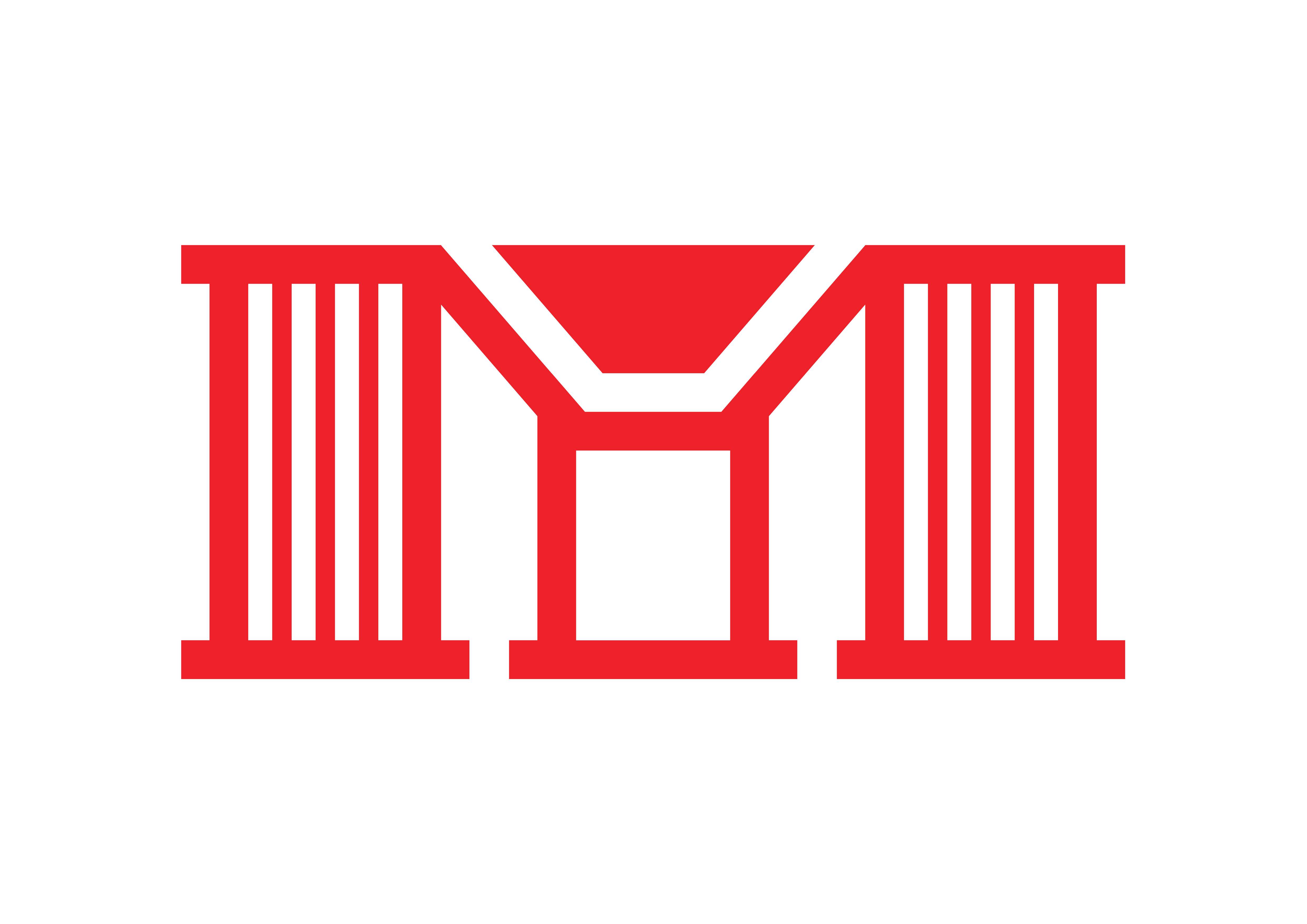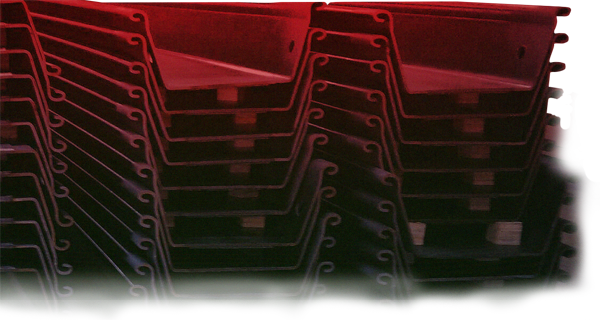How To Prevent Rust on Steel Pipes
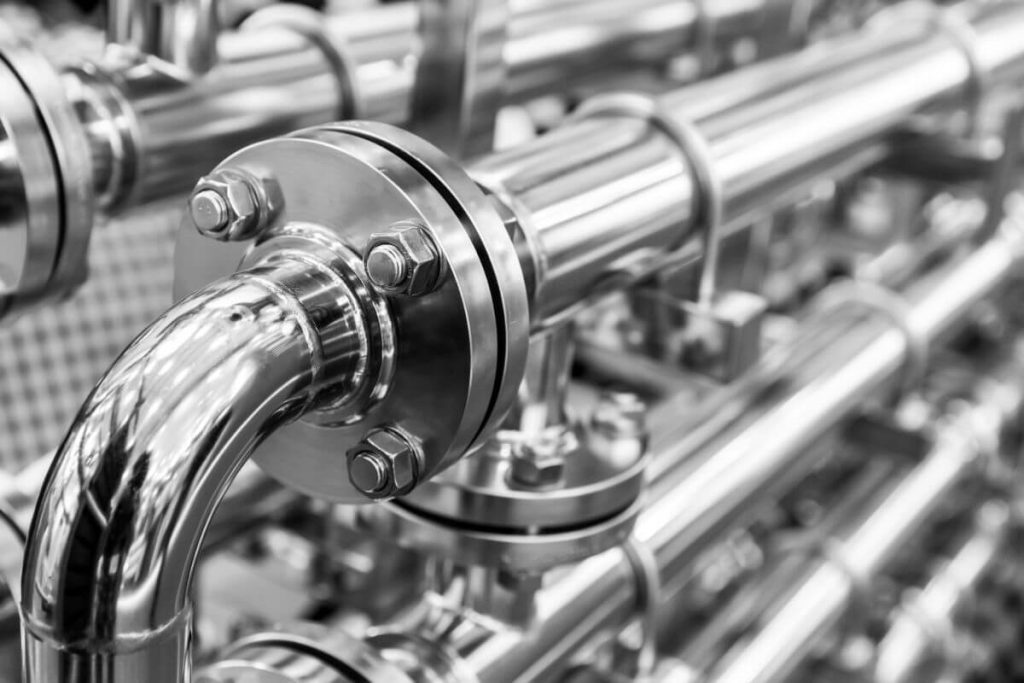
How do you prevent rust on steel pipes?
- Apply a protective coating
- Regular inspection
- Keep the pipes dry
- Use rust inhibitors
- Monitor environmental conditions
Overview
- Steel pipes are integral to industrial infrastructure, facilitating the seamless flow of essential liquids and gases.
- Explore key strategies to prevent rust on steel pipes within various industrial settings.
- Coating selection must consider factors like temperature, humidity, and exposure to corrosive substances.
- Routine checks help identify discoloration, pitting, or flaking, allowing timely intervention.
- Implement protective measures like covers, enclosures, or moisture-resistant coatings when pipes are exposed to rain, humidity, or moisture sources.
- Rust inhibitors, or corrosion inhibitors, slow down or prevent rust.
- Adapt protective measures and maintenance schedules accordingly.
- Utilize protective coatings, conduct regular inspections, keep pipes dry, use rust inhibitors, and monitor environmental conditions.
In industrial infrastructure, steel pipes are the vital element that silently facilitates the seamless flow of liquids and gases essential to our modern existence. Yet, in the relentless battle against corrosion, these steel conduits face an adversary as old as metallurgy itself, which is rust.
To ensure the highest grade and performance of these pipes, it is important to prevent steel pipes from rust. Whether within the sprawling confines of chemical plants, the intricate pipelines of the petroleum industry, or the underground network of municipal water supply systems, rust must be confronted with unwavering resolve. Thus, it is important to learn how to prevent the development of these harmful elements.
Apply a Protective Coating
The primary line of defense against rust on steel pipes is the application of a suitable protective coating. This coating acts as a barrier between the steel and the external environment. There are several common types of coatings:
- Paint: Regular paint, when applied correctly, can provide a basic level of protection. It not only adds a layer of defense against moisture and oxygen but also offers aesthetic appeal.
- Epoxy: These coatings are highly durable and chemically resistant. They are often used in more corrosive environments, such as industrial settings or where the pipes come into contact with chemicals.
- Galvanizing: Galvanizing involves applying a layer of zinc to the steel. This zinc sacrificially corrodes before the steel does, providing long-lasting protection. It’s particularly effective in outdoor and marine environments.
When choosing a coating, it’s crucial to consider the specific environmental conditions the pipes will face, including temperature, humidity, and the presence of corrosive substances.
Regular Inspection
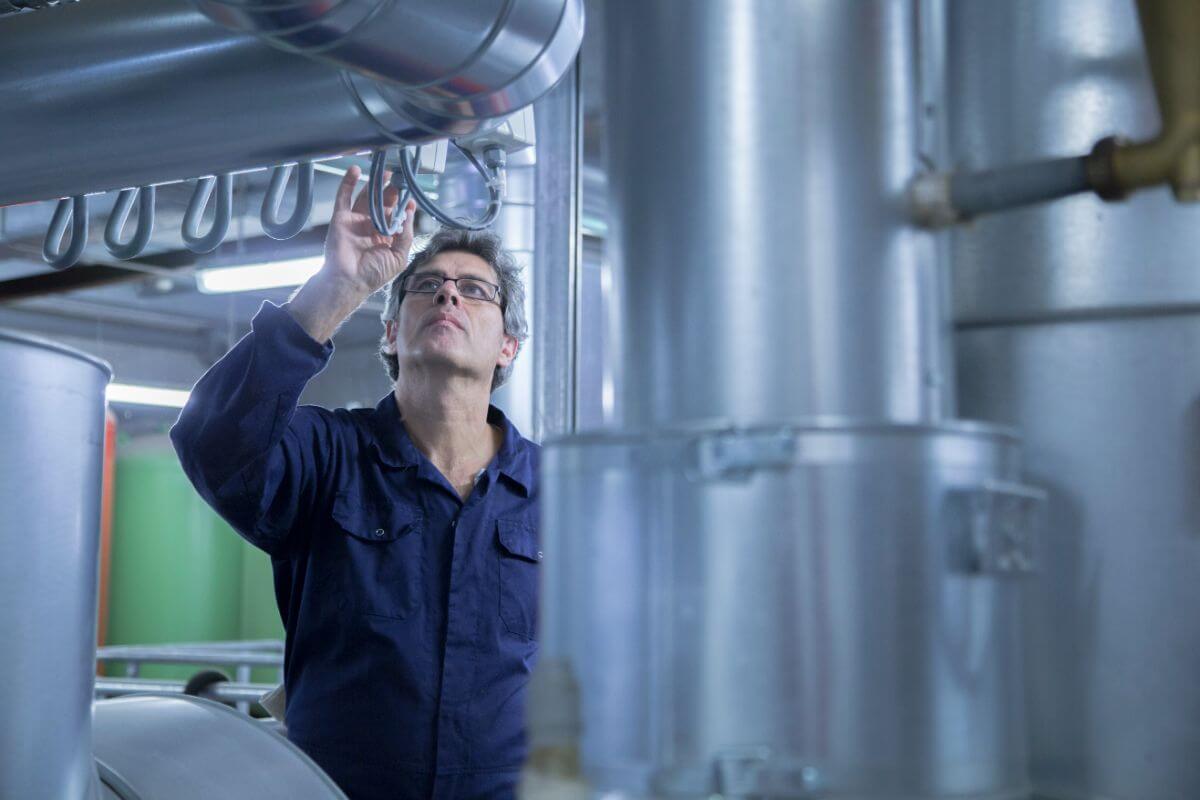
Rust prevention demands constant attention. Conducting regular inspections on steel pipes is crucial to identifying early signs of rust or corrosion. This proactive approach enables timely intervention before the damage escalates.
Keep a keen eye out for any discoloration, pitting, or flaking on the pipe’s surface. Establishing a routine inspection schedule is imperative for effectively catching rust-related issues in their early stages. Consistency in these inspections is pivotal for timely intervention and ensuring the longevity of the pipes.
Keep the Pipes Dry
Moisture acts as a catalyst for rust, making it essential to keep steel pipes dry. When exposed to rain, humidity, or other moisture sources, implement protective measures such as covers, enclosures, or specialized coatings resistant to moisture.
The key strategy in preventing rust is to hinder direct contact between steel and water. Ensuring steel pipes remain dry is pivotal for their longevity and optimal functionality. By minimizing or eliminating contact with moisture, you disrupt the conditions necessary for rust to develop, fortifying the pipes against corrosion.
Use Rust Inhibitors
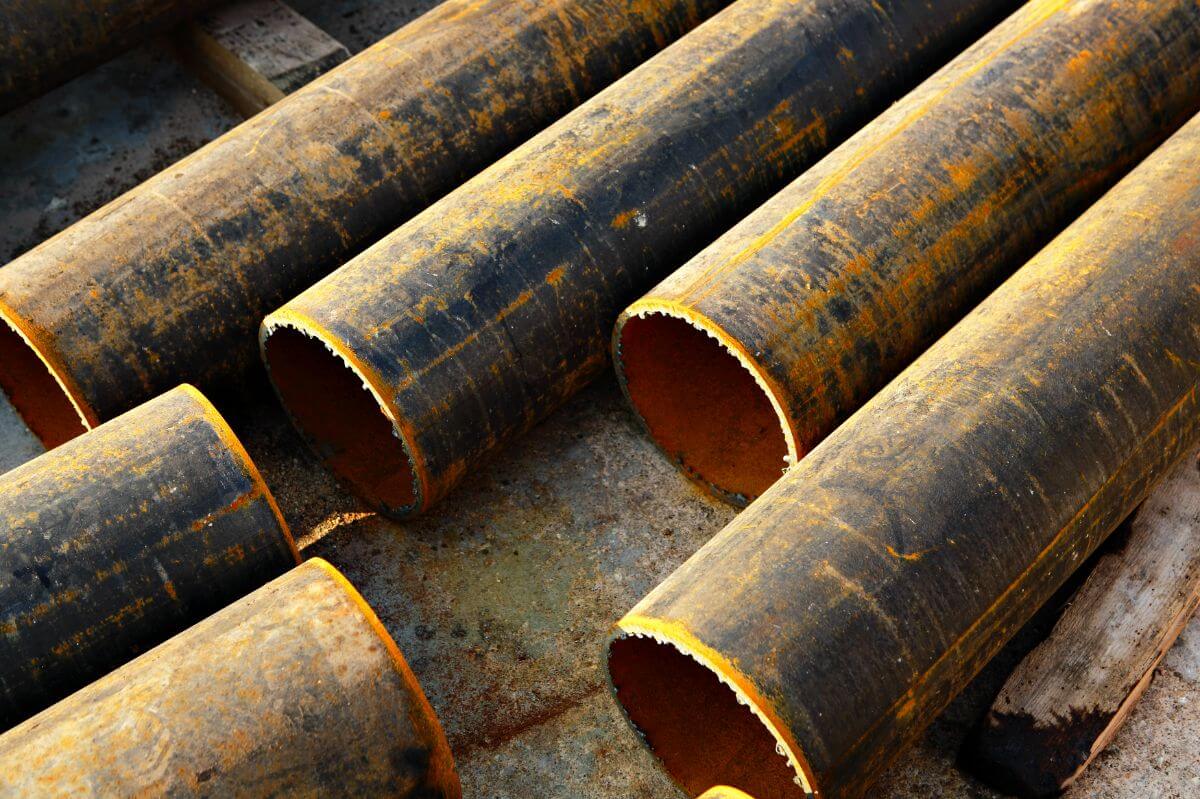
Rust inhibitors, or corrosion inhibitors, are purpose-built chemicals to impede or halt the formation of rust. They form a protective barrier on the steel surface, effectively shielding it from corrosive agents. Adhere to the manufacturer’s guidelines for correct application, considering that these inhibitors might require periodic reapplication contingent on environmental factors and the specific product used.
The selection of an inhibitor should align with the environmental conditions to which the steel is exposed. Heightened awareness of the surroundings is essential in determining the optimal frequency for reapplication, ensuring sustained protection against rust.
Monitor Environmental Conditions
Maintaining an acute awareness of the environmental conditions enveloping your steel pipes is pivotal in rust prevention. Extreme weather, elevated humidity levels, and exposure to corrosive substances like acids or salt markedly escalate the risk of rust. Consideration of these conditions empowers you to introduce extra protective measures as needed and tailor your maintenance schedule accordingly.
This environmental awareness forms the bedrock for well-informed decisions in rust prevention. Recognizing the distinctive challenges posed by your surroundings enables proactive implementation of supplementary protective measures when required, fortifying your defense against rus
Key Takeaway
Effective rust prevention for steel pipes requires a proactive and comprehensive approach, encompassing the selection of appropriate protective coatings, regular inspections, the upkeep of dry conditions, the use of rust inhibitors, and a keen awareness of environmental factors. Through the diligent implementation of these strategies, you not only prevent steel pipes from rusting but also prolong the life of your steel pipes, ensuring sustained functionality and safety.
Metal Exponent is an imported steel supplier in the Philippines, providing the highest-grade steel to its clients. Be a part of our clientele and utilize the best elements in construction when you contact us today.
